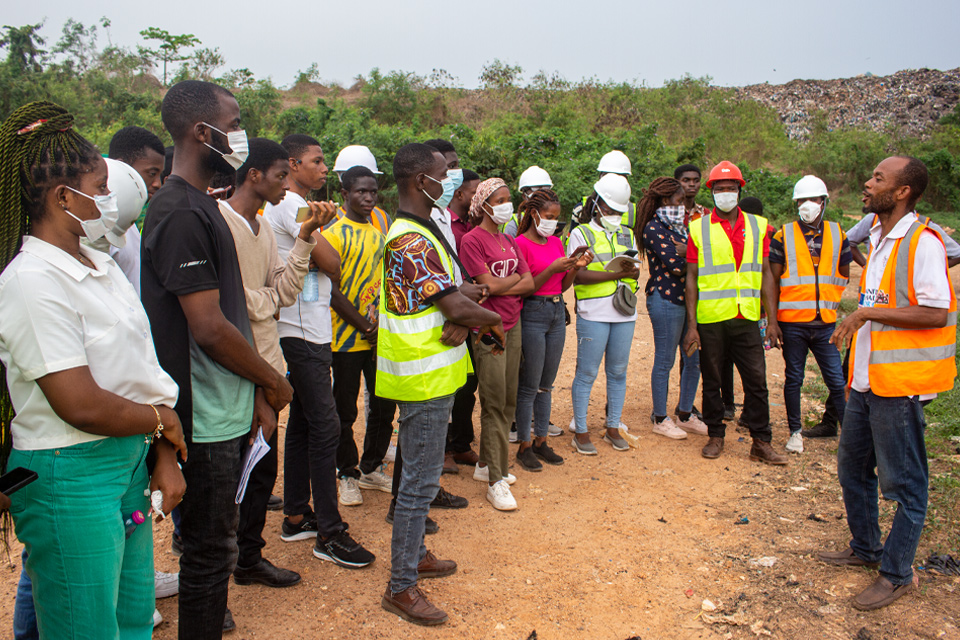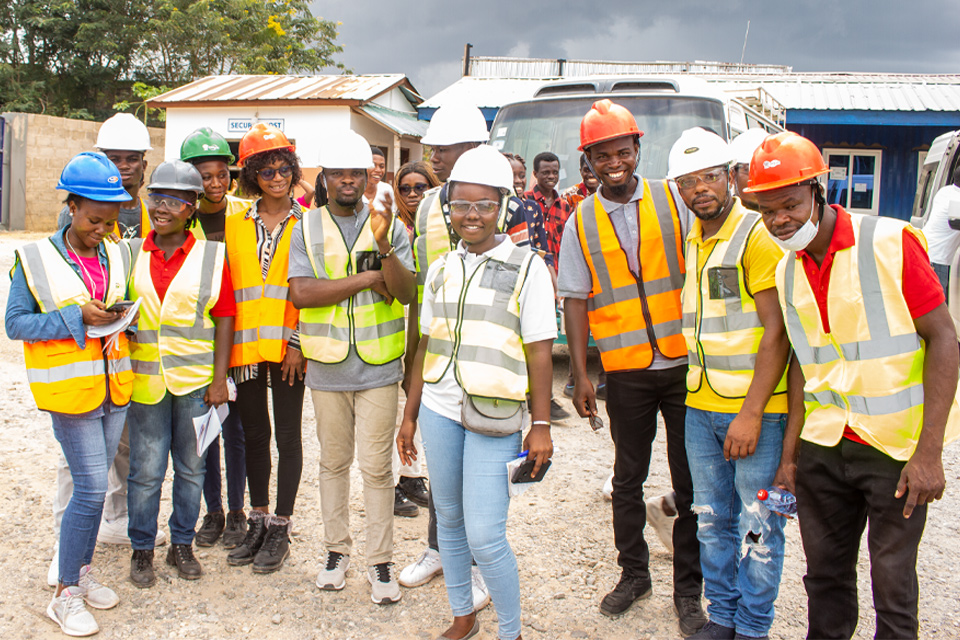Environmental Science MPhil Students Undergo Experiential Tours at ZEAL, ZOIL and STMA
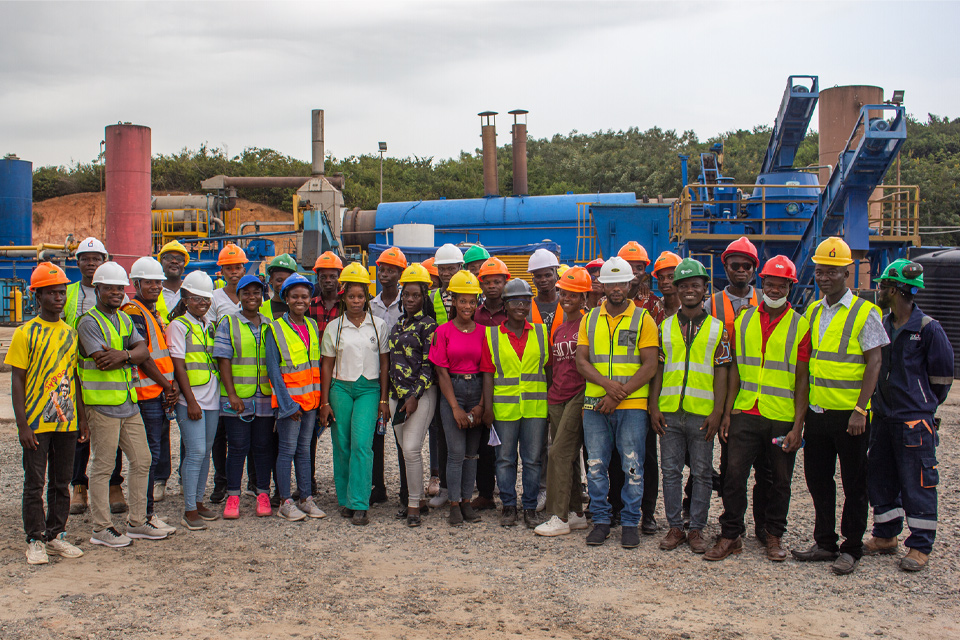
In a strategic move to bridge the gap between academia and industry, an idea mooted by Prof. Benjamin Ghansah, Master of Philosophy in Environmental Science students at the Department of Environmental Science, have recently embarked on immersive educational tours at key waste management facilities in Sekondi-Takoradi, Ghana.
Led by Dr. Felix Tetteh Kabutey and Mr. Godfred Sarfo-Adu, facilitators of the course ENVS 812: Integrated Waste Management Technologies, the students were introduced to the operational intricacies of solid and liquid waste management at three prominent companies: Zonal Environmental Awareness League (ZEAL), Zonal Oil Industry Limited (ZOIL), and the Sekondi-Takoradi Metropolitan Assembly (STMA).
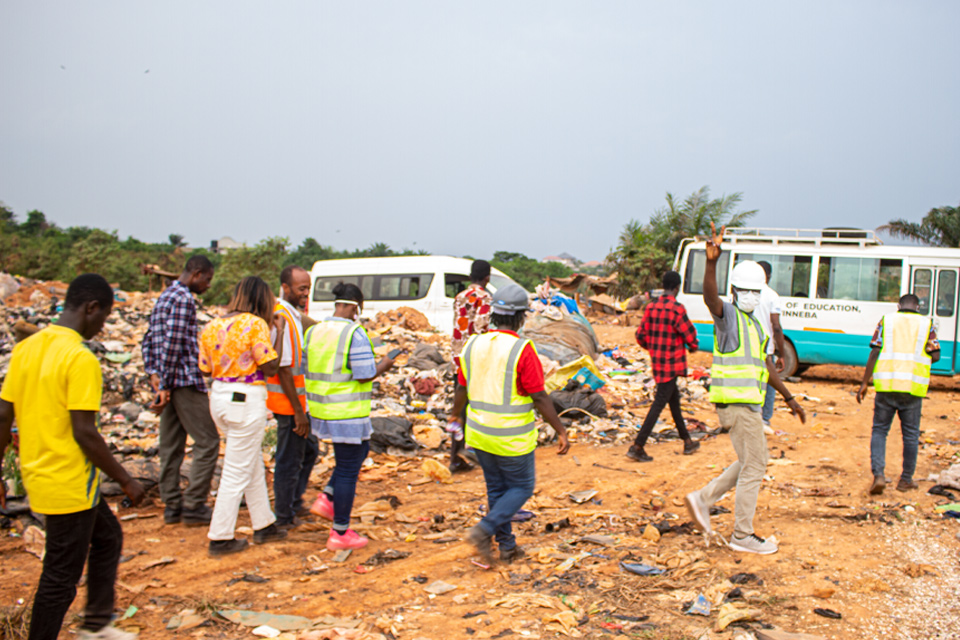
At ZEAL Environmental Technologies Limited, students witnessed cutting-edge waste treatment techniques, including autoclave sterilisation and incineration with emission control systems. They gained insights into the processing of various waste types, from oily and medical waste to industrial byproducts, and explored the role of technology in ensuring safe and responsible waste disposal.
The tour continued at ZOIL, where students learned about waste collection, transportation, and recycling processes. They observed firsthand the sorting and processing of recyclable materials, highlighting the economic and environmental benefits of a circular waste management approach.
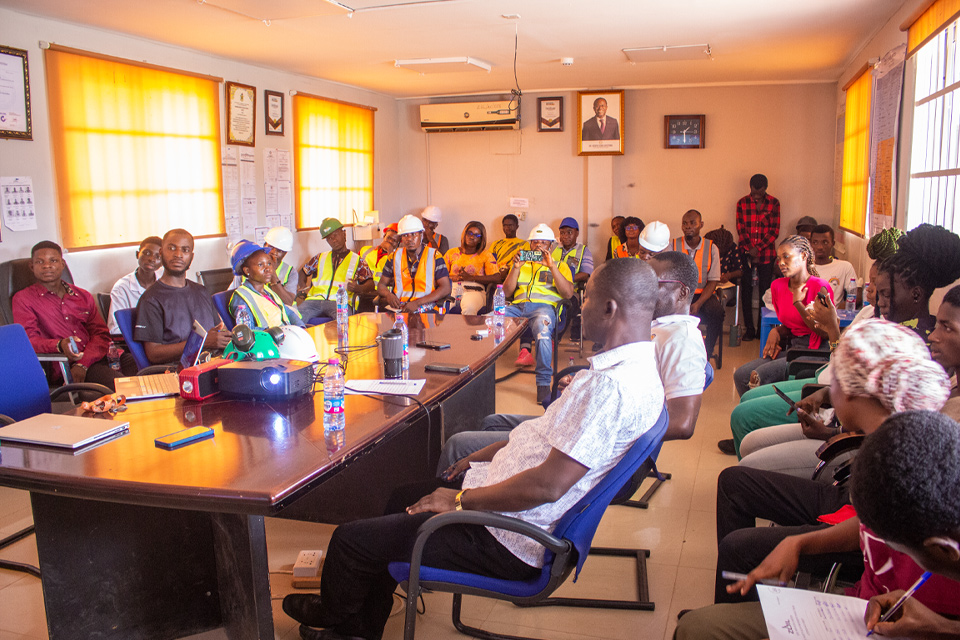
The final stop took students to the STMA waste treatment facility, where they witnessed the scale of municipal solid and liquid waste management operations. Discussions with the site engineer underscored the importance of sustainable waste management strategies and the challenges associated with managing high volumes of waste while mitigating environmental and health risks.
Upon reflection, the Department of Environmental Science issued recommendations aimed at enhancing waste management practices, including increased public awareness campaigns, exploration of waste-to-energy solutions, investment in technology and infrastructure, and fostering collaboration between communities, businesses, and government entities.
The experiential tours not only provided students with practical insights into waste management but also underscored the importance of academia-industry collaboration in addressing pressing environmental challenges. By bridging theory with real-world applications, the initiative equips students with the skills and knowledge needed to make meaningful contributions to the field of environmental science and sustainability.
